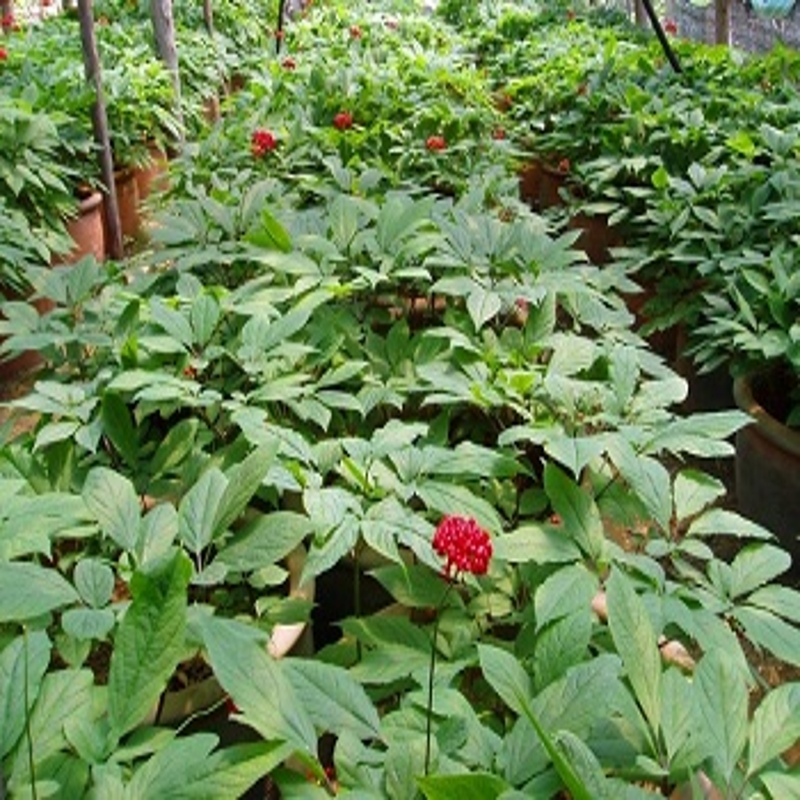Ascomycotina
-
Last Update: 2021-01-10
-
Source: Internet
-
Author: User
Search more information of high quality chemicals, good prices and reliable suppliers, visit
www.echemi.com
subcystic bacteria submen is the
ethicle
in the largest variety of submen, the world has
2720 genus, 28650 species, in addition to a few low-class subcystic bacteria for single cells, the vast majority of developed mycelium, mycelium has a cross-section, and closely combined into a certain shape.。 Asexual reproduction of cystic bacteria is particularly developed, there are lyses, buds, or the formation of a variety of spores, such as spores, throid spores, thick spores
(thick wall spores) and so on. Sexual reproduction produces sacs (ascus), endogenetic cyspora (ascospore), which is the most important characteristic of subcystic submens, with the exception of a few primitive species, subsacs bare do not form sub-entities, such as
yeast
bacteria. The vast majority of subcystic bacteria produce sub-entities, which are wrapped in sub-entities. The sub-entity of the subcystic bacteria is also known as the subcystic fruit (ascocarp). The form of the subcystic fruit is an important basis for the classification of subcystic bacteria, the following three types are common:sub-cystic disk
(apothecium) sac-shaped, cup-shaped or bowl-shaped, the sub-sac plate of many sub-sacs and sterile mycelium (infertility of mycelium) vertically arranged together to form a sub-real layer (hymenium). The sub-solid layer is completely exposed to the outside, such as plate bacteria.。 Closed cystic
(cleistothecium) sac fruit is completely closed synthetic spherical, no opening, until its rupture after the spores can be dispersed.。 Subcystic shell
(peritheciMm) sac fruit is bottle-shaped or cystic, the first end of the opening, this kind of sub-cystic fruit is buried in the sub-seat, such as wheat horn, winter worm summer grass bacteria.。
This article is an English version of an article which is originally in the Chinese language on echemi.com and is provided for information purposes only.
This website makes no representation or warranty of any kind, either expressed or implied, as to the accuracy, completeness ownership or reliability of
the article or any translations thereof. If you have any concerns or complaints relating to the article, please send an email, providing a detailed
description of the concern or complaint, to
service@echemi.com. A staff member will contact you within 5 working days. Once verified, infringing content
will be removed immediately.






